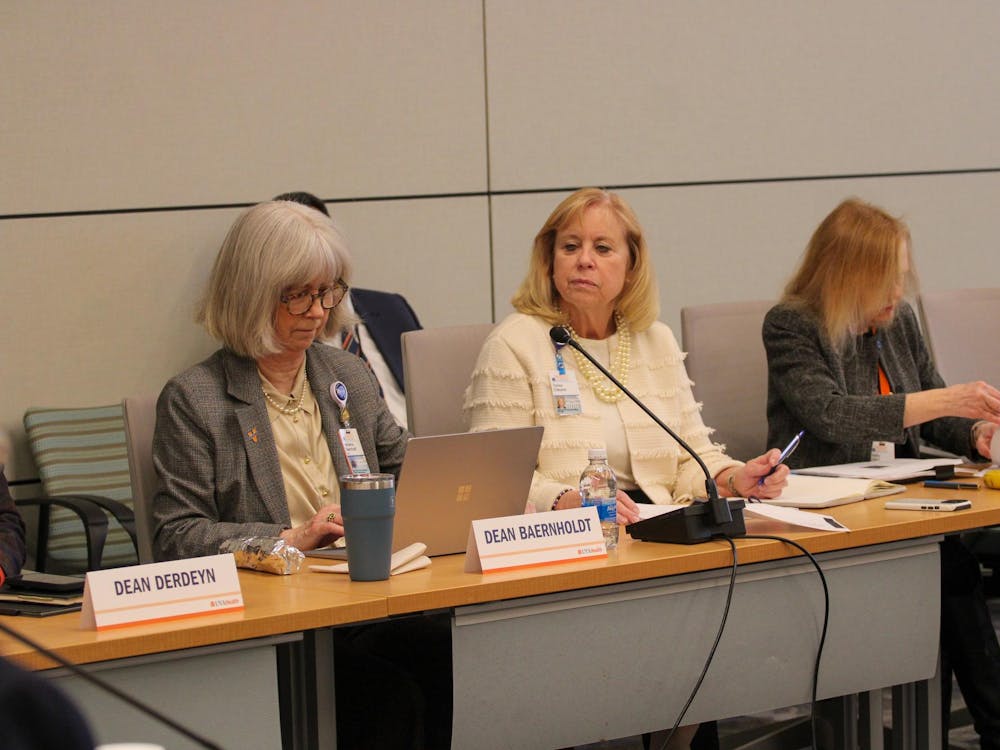Virginia consumers are more financially confident than they were a year ago, a survey released last week by the Roanoke College Institute for Policy and Opinion suggests.
IPOR surveyed 600 Virginia households about their financial situations, consumer expectations and business conditions. Results indicated a substantial increase in consumer confidence, especially in central Virginia.
"Twenty-eight percent of Virginians report being better off financially than they were a year ago, compared to only 23 percent for the nation as a whole," a press release from Roanoke College stated. "Additionally, 43 percent of Virginians feel that now is a good time to buy big-ticket items, the majority citing the low prices and deals available."
Roanoke College Business Administration and Economics Prof. Alice Kassens said in an email the increases in confidence in central Virginia may have to do with new businesses entering the Richmond area. Those gains in consumer confidence resemble gains in the Tidewater region and northern Virginia. Unemployment in Northern Virginia is the lowest in the state and has remained below 5.2 percent, which has contributed to the increase in consumer confidence.
The twice-annual survey used a format developed for the Michigan Consumer Sentiment Index, Kassens said. According to the press release, it tracks consumers' views about their current and future financial situations and complies the results into several indexes used to quantify consumer confidence.
"We ... call households in the state until we get [about] 600 completed surveys," Kassens said. "The survey includes questions pertaining to household finances and household beliefs on the economy and business conditions."
More Virginia households feel their financial situations and business conditions will improve during the next year, according to the press release.
The nation as a whole, however, is "less optimistic" about the coming year. the press release stated.
Consumer confidence tends to track economic growth, Kassens explained, so when consumer confidence improves, the economy improves.
"For example, growth in consumer sentiment today likely results in higher consumption six months from now," Kassens said. "Consumption is important as it accounts for around 70 percent of U.S. GDP."
University Economics Prof. Edwin Burton said consumers were probably feeling better because the economy has been trending upward since August.
"The stock market has gone up 20 percent [since August]," Burton said. He explained that January had the "best employment [figures] since the recovery in 2009, [and] there wasn't a fall back into the double-dip or second recession" which some feared.
Burton said the only weak spot in the economy is the labor market, which has not recovered as well as it had in the aftermath of past recessions. The economy now supports 4.5 million fewer jobs than it did at its peak in 2007, a mark of higher unemployment.
"The labor market is not improving as fast as anyone would like," Burton said. "People are finding ways to do without the workforce."






